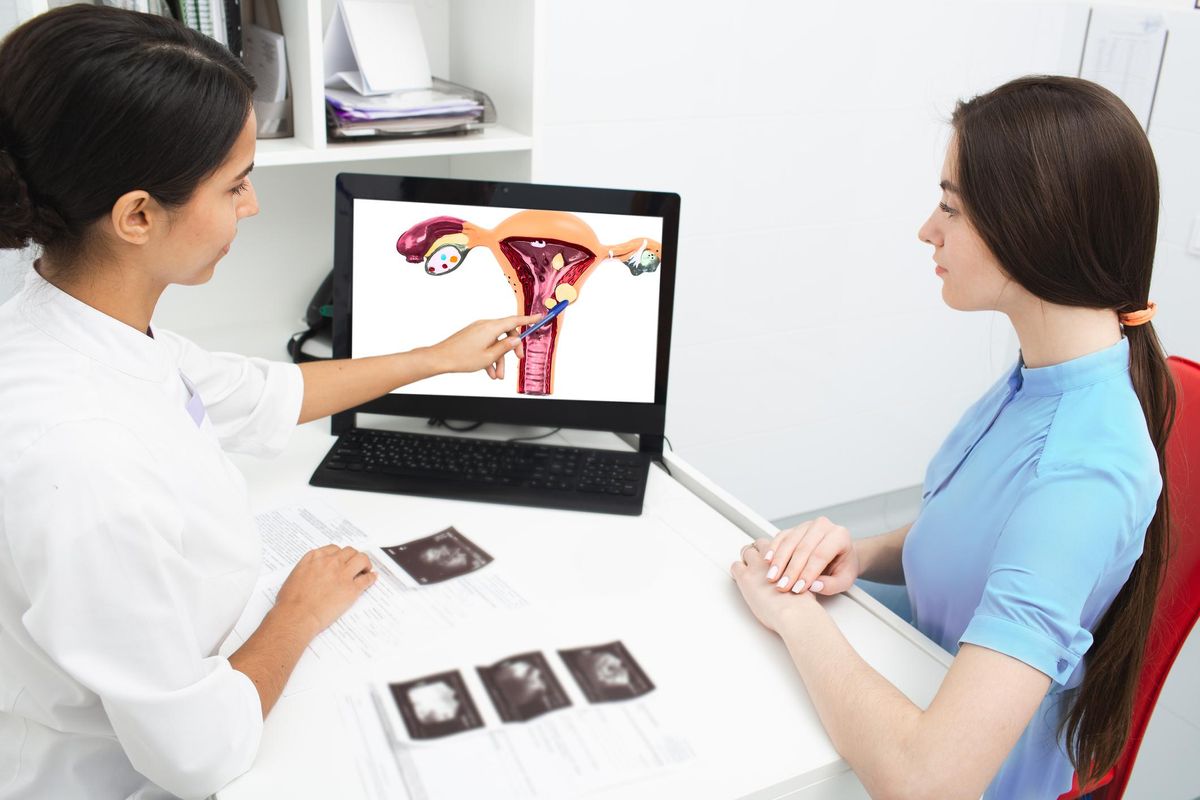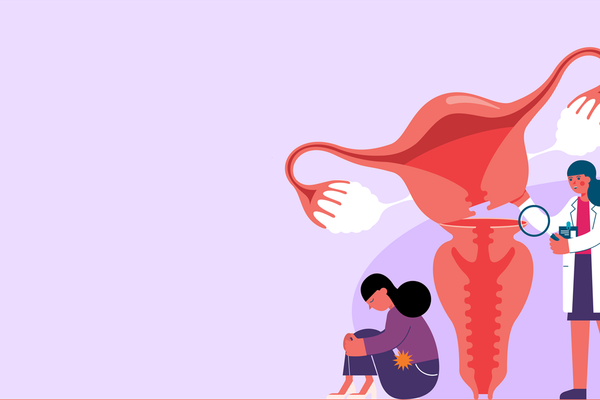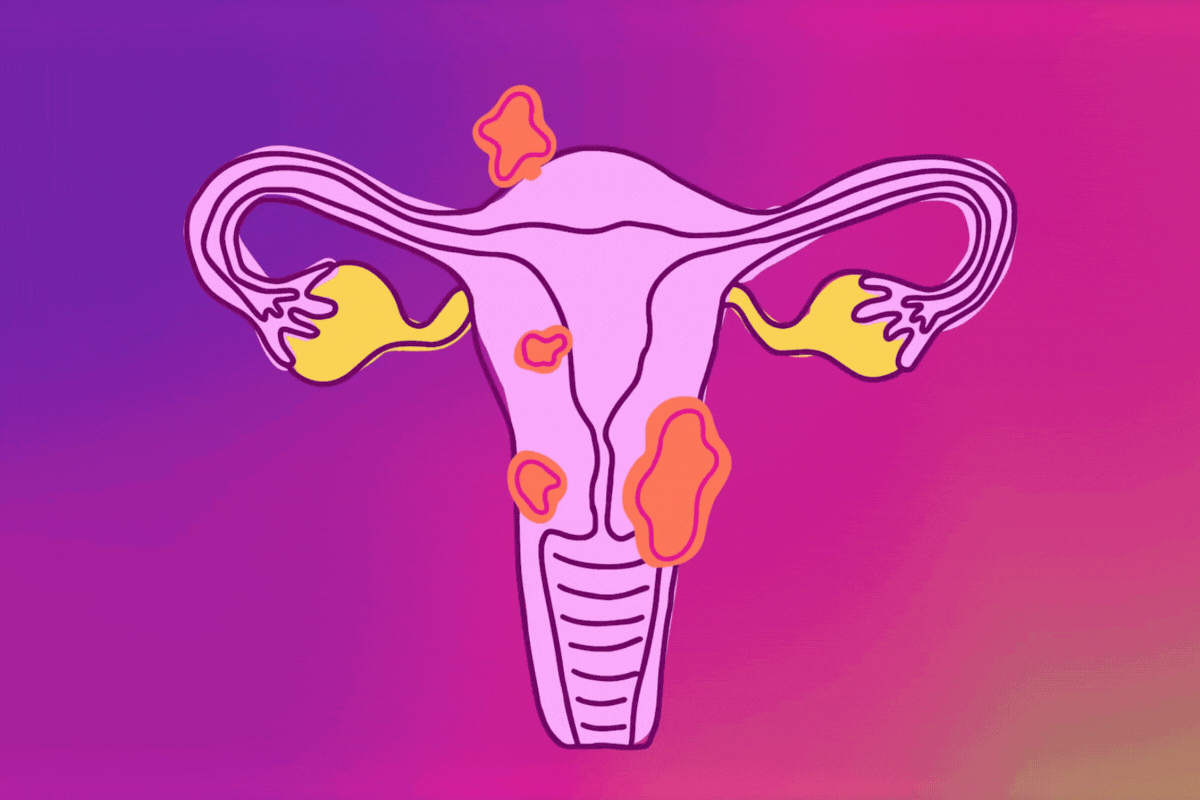Q:
Is it true that one of the side effects of uterine fibroid embolization is early menopause? If I had this procedure (UFE) done and my periods were regular for seven month afterward and then suddenly stopped in March, should I be concerned?
A:
As you probably know, about 25 percent of premenopausal women and 40 percent of women 40 or older have uterine fibroids. They are the most common form of reproductive tract tumor, although they are benign, or noncancerous. The fibroids can cause heavy menstrual bleeding, pain and bloating, and are one of the most common reasons women have hysterectomies.
Today, however, there are alternatives to hysterectomy, including uterine fibroid embolization (UFE), one of the newest treatments available. The goal is to shrink the fibroid and treat heavy uterine bleeding. Studies find 89 percent of women report improved menstrual bleeding after UFE.
The procedure destroys the blood supply to the fibroid. It's performed on an outpatient basis, typically by a specially trained interventional radiologist or gynecologist. The doctor passes a catheter, or very small tube, through a small incision in your groin into the blood supply to the fibroid. Then the doctor injects tiny plastic or gelatin sponge particles, about the size of a grain of sand, through the catheter into the artery. The particles stop blood flow to the fibroid and over time, the fibroid shrinks.
About five to 10 percent of women find their periods temporarily stop after the procedure, and about three percent of those under 45, and seven to 14 percent of those older, find they permanently stop. This is thought to occur if the artery leading to the ovaries is mistakenly embolized, but may also be related in some way to the procedure itself.
You don't say how old you are, so it's difficult to know if your period may stop permanently. You should talk to your health care professional about the fact that your period has stopped, have a complete medical examination and work together to figure out if it's related to the UFE or to some other issue.






